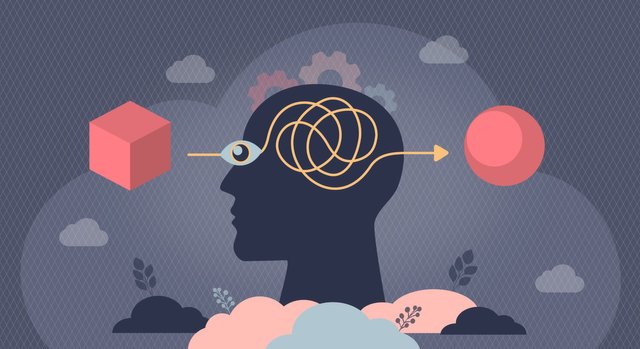Overcoming Beliefs and Biases to Understand Reality Better
As leaders, one of our primary responsibilities is to ensure that our decision-making is grounded in factual evidence rather than unfounded assumptions. This task is no small feat.
The human mind is prone to cognitive biases, which can significantly distort our perceptions and judgments. These biases often lead us to be overly critical of perceived inaccuracies, pushing us to dismiss valuable ideas or perspectives without taking the necessary time to evaluate the evidence behind them.
To navigate these challenges effectively, it is vital to comprehend the nature of cognitive biases, recognize how they shape our thinking, and develop strategies to counteract their influence.

Cognitive biases are mental shortcuts that streamline the process of decision-making. They can help us make quick choices, allowing us to avoid overthinking. However, these shortcuts can also mislead us, resulting in poor judgments.
For instance, confirmation bias is a common cognitive error where individuals tend to seek out and focus on information that reinforces their existing beliefs. This tendency can create a narrow view of reality, as we become blind to facts that contradict our opinions.
Another significant cognitive bias is hindsight bias. This occurs when we look back at an event and convince ourselves that we could have predicted its outcome.
This bias is particularly insidious because it alters our perception of past events, causing us to overlook the uncertainties and complexities that existed at the time. As a result, we may disregard vital warnings or evidence that could have steered us in a different direction.
Groupthink is yet another cognitive bias that affects decision-making within groups. It happens when members conform to the views of the majority, sacrificing their independent judgment in the process.
This can create an illusion of consensus and lead to overconfidence in the group’s decisions. When dissenting opinions are not welcomed, valuable insights are overlooked, making it harder to arrive at sound conclusions.
By taking the time to understand these cognitive biases and their effects, we can strive for more accurate interpretations of reality. Emphasizing fact-based decision-making is essential, particularly for leaders who must guide their teams effectively.
To create a culture that encourages open-mindedness and critical thinking, we must first recognize our potential biases and those of our team members.
Greater awareness of cognitive biases empowers leaders to differentiate between truth and falsehood. This awareness fosters an environment where facts drive discussions, ultimately leading to more informed and balanced decisions.
Through this process, leaders can ensure their judgments rest on a solid foundation of evidence rather than misleading assumptions.